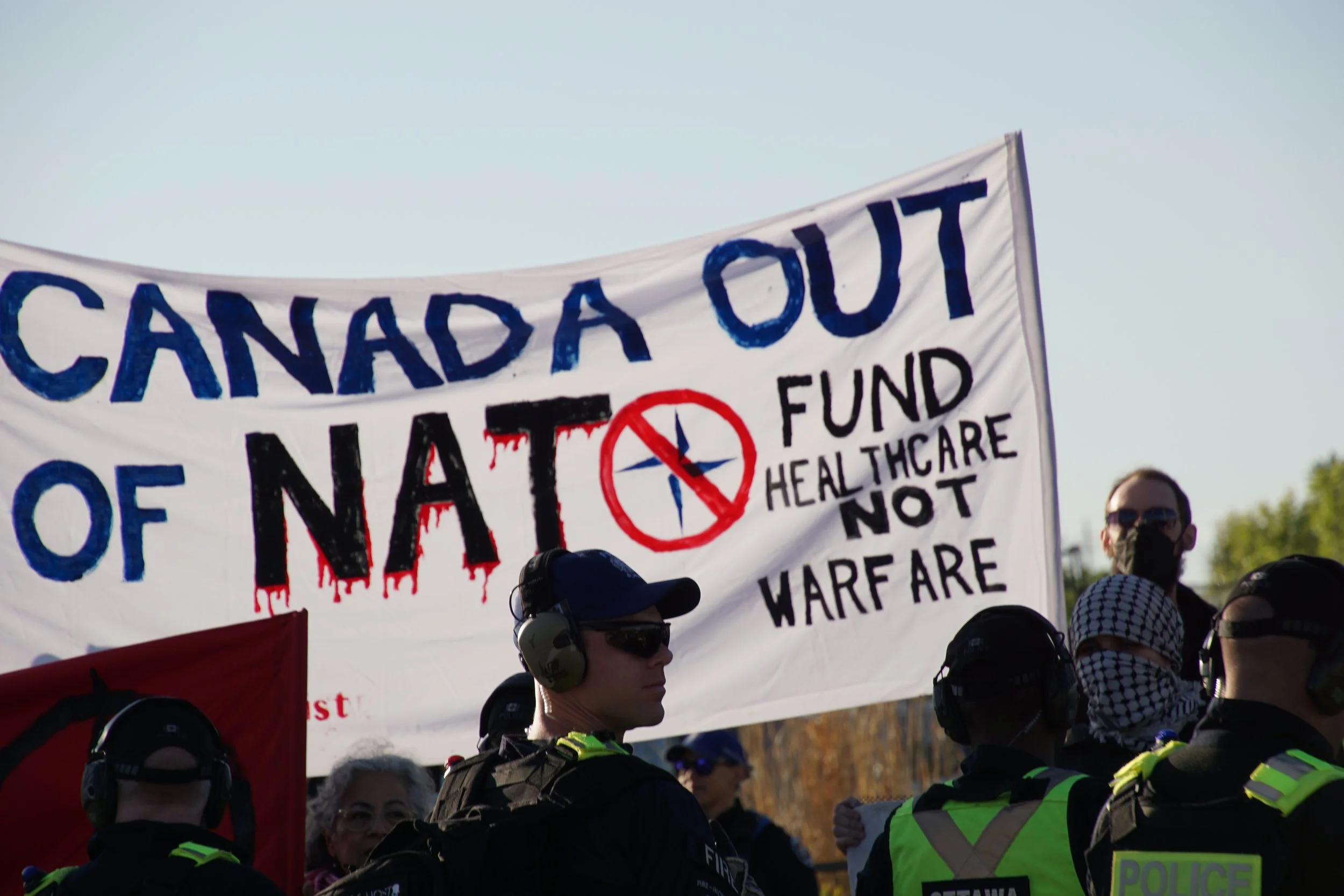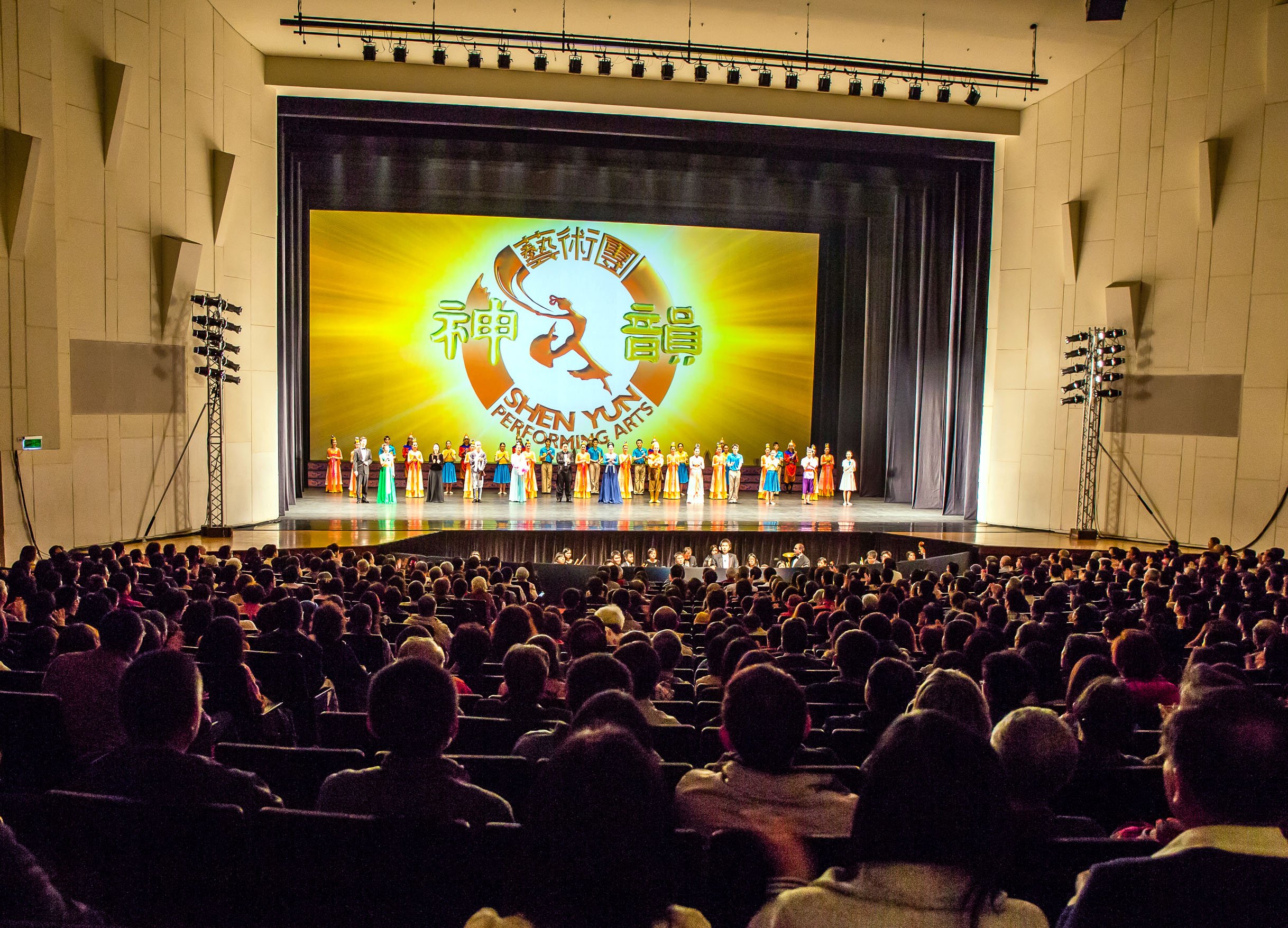CBC refuses to apologize for deletion of the word "Palestine" from radio broadcast
Photo CreditL (New York Times / Google Images)
Written by: Karen Rodman
CBC urged to apologize to the people of Palestine
Over 2,000 people have written to the CBC to condemn its deletion of the word "Palestine" and its subsequent apology for uttering it. Still, the broadcaster insists the word falls outside its standards.
The deletion and apology
On August 18, in an interview on the CBC’s The Current, the guest anchor, Duncan McCue introduced his guest, Joe Sacco, referencing Sacco’s work in Bosnia, Iraq and Palestine. Joe Sacco, is a graphic novelist, and the creator of a work called Palestine, and was being interviewed regarding colonization and resource extraction.
This deemed faux pas resulted in quite the flurry with CBC editors as they worked to scrub the word Palestine before the edition could play in time zones of Western Canada. The revised transcript introduced Sacco, saying “your work in conflict zones, Bosnia, Iraq” and closed out “Joe Sacco has spent his career telling stories from conflict zones from the Gaza Strip to Bosnia.” Palestine was deleted.
But erasing Palestine was not enough.
On August 19, at the beginning of the next day’s edition of The Current, Duncan McCue apologized for having uttered the word Palestine.
Joe Sacco when asked about this said:
It's ironic that the CBC would apologize for the use of the word "Palestine" for a segment about my book, whose subject is at least partly the attempted obliteration of the cultural identity of indigenous people of the Northwest Territories, particularly through the notorious residential school system. Imagine today if the First Nations people I talked to, the Dene, would be made to apologize for using their word "Denendeh", which means "The Land of the People," for describing where they live. To whom, exactly, was the CBC apologizing for using the word "Palestine"? If anything, this storm over a proper noun brings into relief a similar way the adherents of colonial-settler projects seek to suppress native peoples and then laud their dominance. I'm sure none of this is lost on either Canada's indigenous people or Canadian-Palestinians.
Balance and fairness?
On September 9, Paul Hambleton sent a detailed response to the over 2,000 people who had written to the CBC over the last few weeks. While more thorough than earlier responses from the CBC, Mr. Hambleton still insists that Palestine is not within the CBC language standards. He explains that the CBC is “meticulous in ensuring balance and fairness whenever a story emerges.” Hambleton indicates over the years, the CBC has “devoted significant time, and resources over the past decades uncovering and reporting on the lives, politics, difficulties and triumphs of the Palestinians both inside the Palestinian territories, Israel proper, and here in Canada.”
Perhaps achieving balance was why a distraction piece was published on September 10, explaining how Palestinians weddings are the reason for the spread of Covid-19. The item ignored the blatant action of Israel in regard to putting Palestinians at risk through destruction of Covid-19 centers, the ongoing war crimes in occupied Palestine putting people at further risk, and the circumventing of processes in place related to Palestinians working in Israel.
Holding publicly-funded broadcasting accountable
We need to continue to take steps to make our publicly funded institutions accountable, and remind the CBC that the Canadian Broadcasting law calls for “programming that reflects Canadian attitudes, opinions, ideas, and values.”
The CBC Ombudsman will need to respond shortly to the complaints that they have received.
The Canadian Broadcasting Corporation (CBC) is accountable to the Minister of Canadian Heritage.
CBC/Radio-Canada is Canada’s national public broadcaster and one of the country’s largest cultural institutions. CBC/Radio-Canada’s mandate is to inform, enlighten and entertain; to contribute to the sharing of national consciousness and identity; to reflect Canada’s regional and cultural diversity; to provide local, national and international information and analysis from a Canadian perspective; and to contribute to the development of talent and culture in Canada.
To this end people have began to write to the Minister of Canadian Heritage, Stephen Guilbeault, to urge him to take immediate steps to ensure that the CBC language standards are changed so the word Palestine is permissible.
Within an hour, 100 letters had been sent, and within a few hours approaching 500 letters have been sent. Add your voice by sending a letter to Minister Guilbeault.
The CBC Ombudsman has confirmed to the Canada Palestine Association in Vancouver and others that a Review will happen, noting the results will be made public on his website.
Having received the letter from Mr. Hambleton, The Canadian Palestine Association wrote to Ombudsman Nagler, saying
“Frankly, the more CBC explains this biased policy the more convoluted their verbal gymnastics seem to become.”
Hanna Kawas, the chair of Canada Palestine Association writes
“As CBC seems to fully understand that language is an important component of defining issues, we assume that they also understand that their policy makes them complicit in trying to eradicate Palestine’s national identity. This has long been a pillar of the Zionist project, which goes to great lengths to ensure that the Palestinian struggle is not framed as a national struggle against settler-colonialism.”
It seems that Mr. Hambleton, Ombudsman Nagler, and Minister Guilbeault have not heard the end of this.
The people of Palestine are the ones that need the apology.
An earlier version of this article appeared in the Mondoweiss on August 11, 2020.
Karen Rodman is the director of Just Peace Advocates.
More Articles





